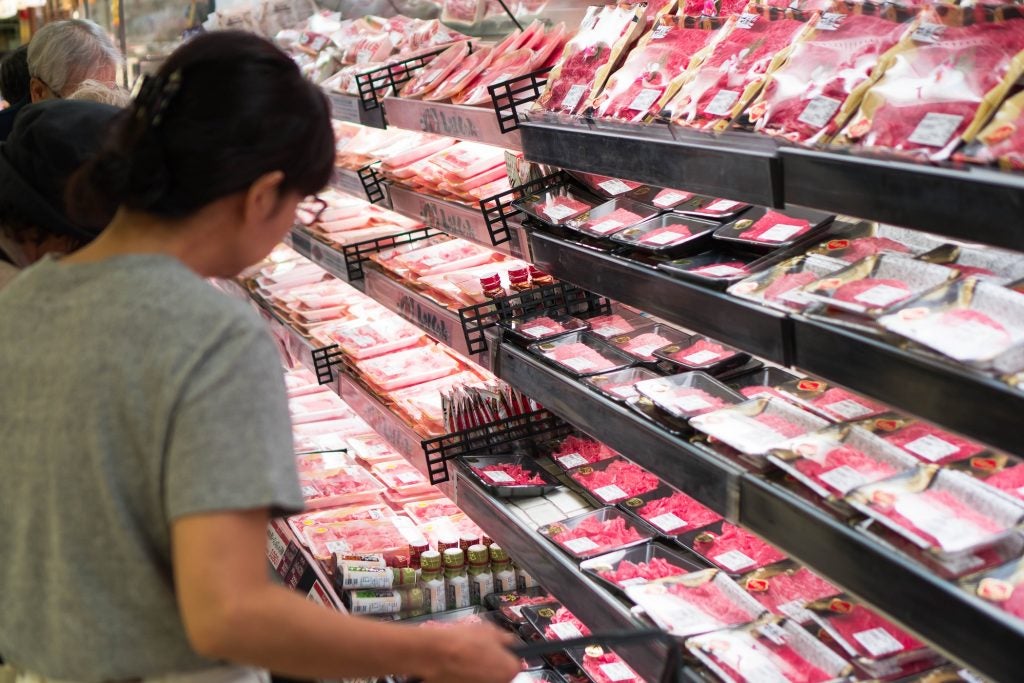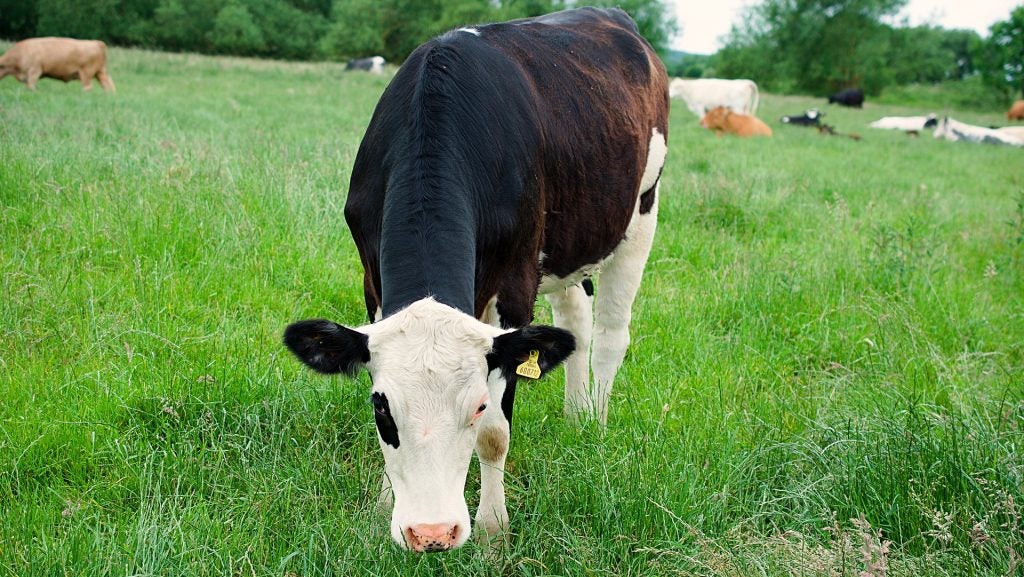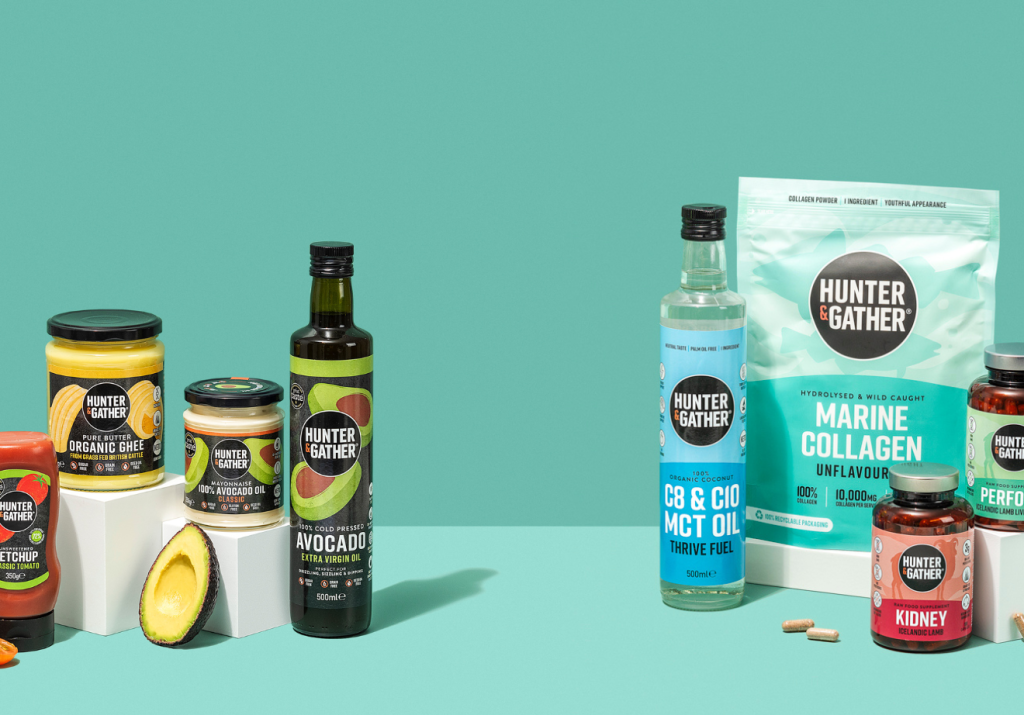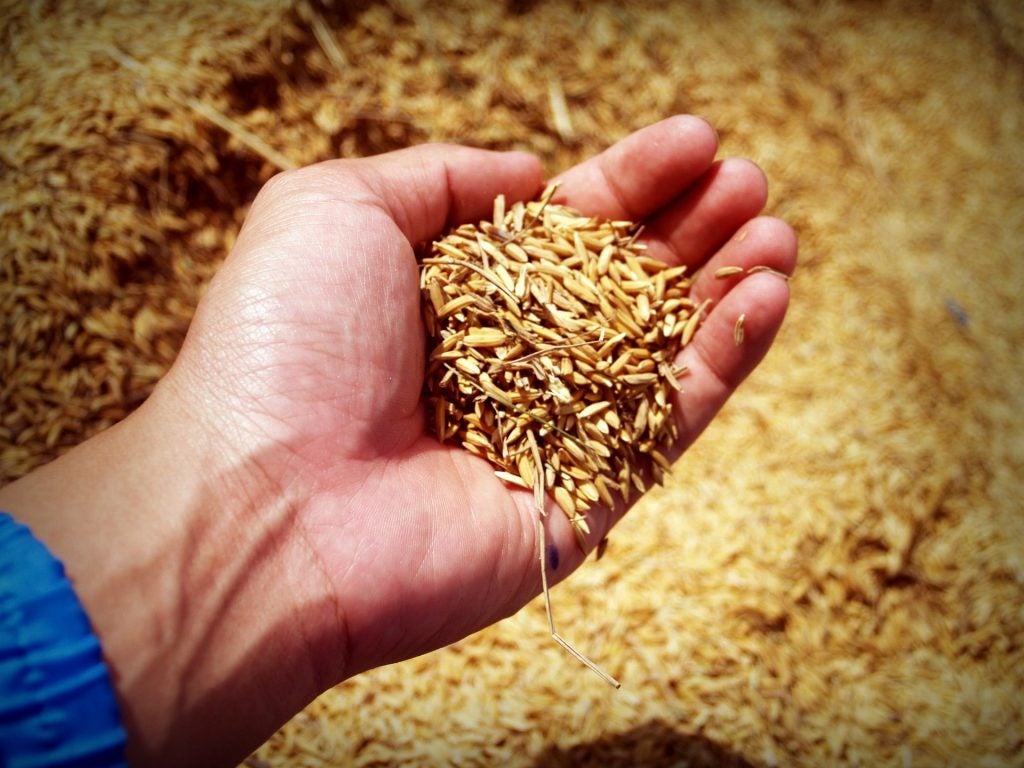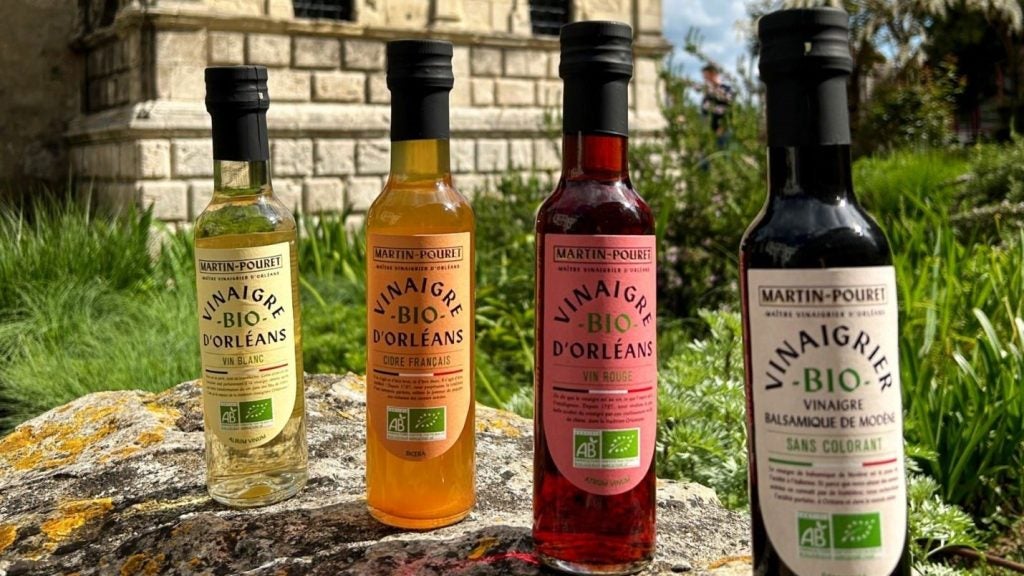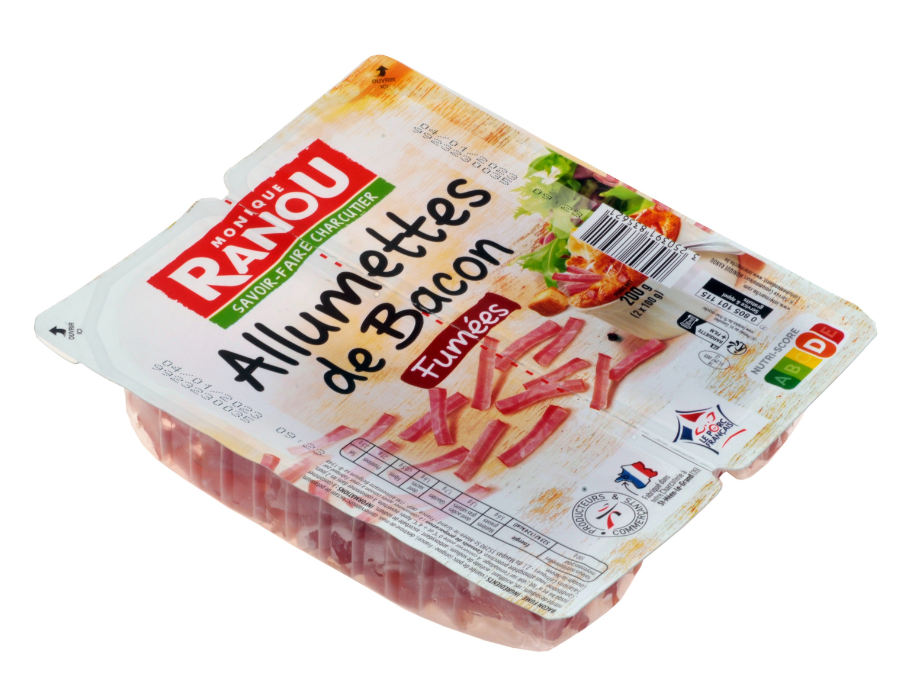The beef sector is set to see consumer caution continue in 2024, dampening demand for more expensive cuts, a Rabobank report has forecast.
The Netherland-based financial services group, which has agri banking as one of its core businesses, believes the “ongoing slow global economic recovery” will limit consumer spending on beef.
Rabobank said many economies, particularly in Asia, did not see the economic recovery that had been expected in the wake of the Covid-19 pandemic.
The bank pointed to China, where it said “more attention” is being paid to “value-for-money products and less to premium ones, driven by consumer caution”.
It added: “This consumer caution may be supported initially by reduced volumes of more expensive North American beef and increased volumes of Australian and South American beef.
“However, when production in the US contracts to the point where it exerts upward price pressure on global beef prices, we may see some pushback from global beef consumers. It is possible that 2024 will see margins in beef supply chains being squeezed to manage higher prices and accommodate the consumer.”
Overall, dynamics in the global beef market remain divided, Rabobank explained, with high prices and contracting production in the Northern Hemisphere, and lower prices and increasing production in the Southern Hemisphere.
North American cattle prices “continue to track at high levels”, with US cattle prices steady and Canadian prices up 3% between June and October, Rabobank said.
“While in Southern Hemisphere countries, prices remain soft. Australian cattle prices dropped dramatically – down 28% since June – while New Zealand and Brazil also saw prices fall, but by smaller amounts,” the report read.
Rabobank said Northern Hemisphere and Southern Hemisphere beef production levels are also trending in the opposite direction.
“Southern Hemisphere production centres continue to increase volumes. However, the increases in Australia and Brazil have not been enough to offset the declines in Europe and the US,” the report added.
With the end of the year on the horizon, Rabobank said global beef production is “on track to decline by 1% in 2023 with 2024 production likely to play out in similar fashion”.


